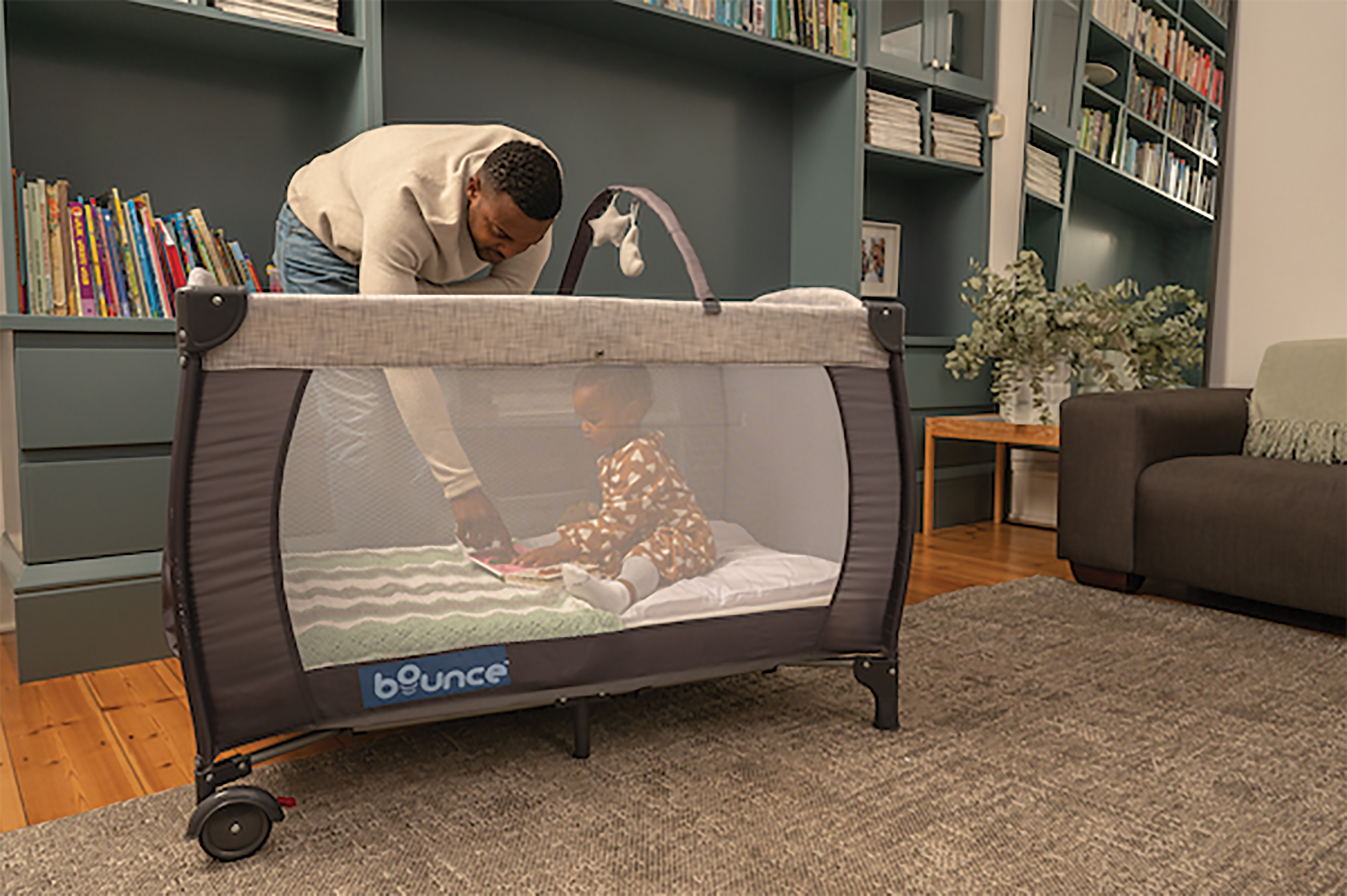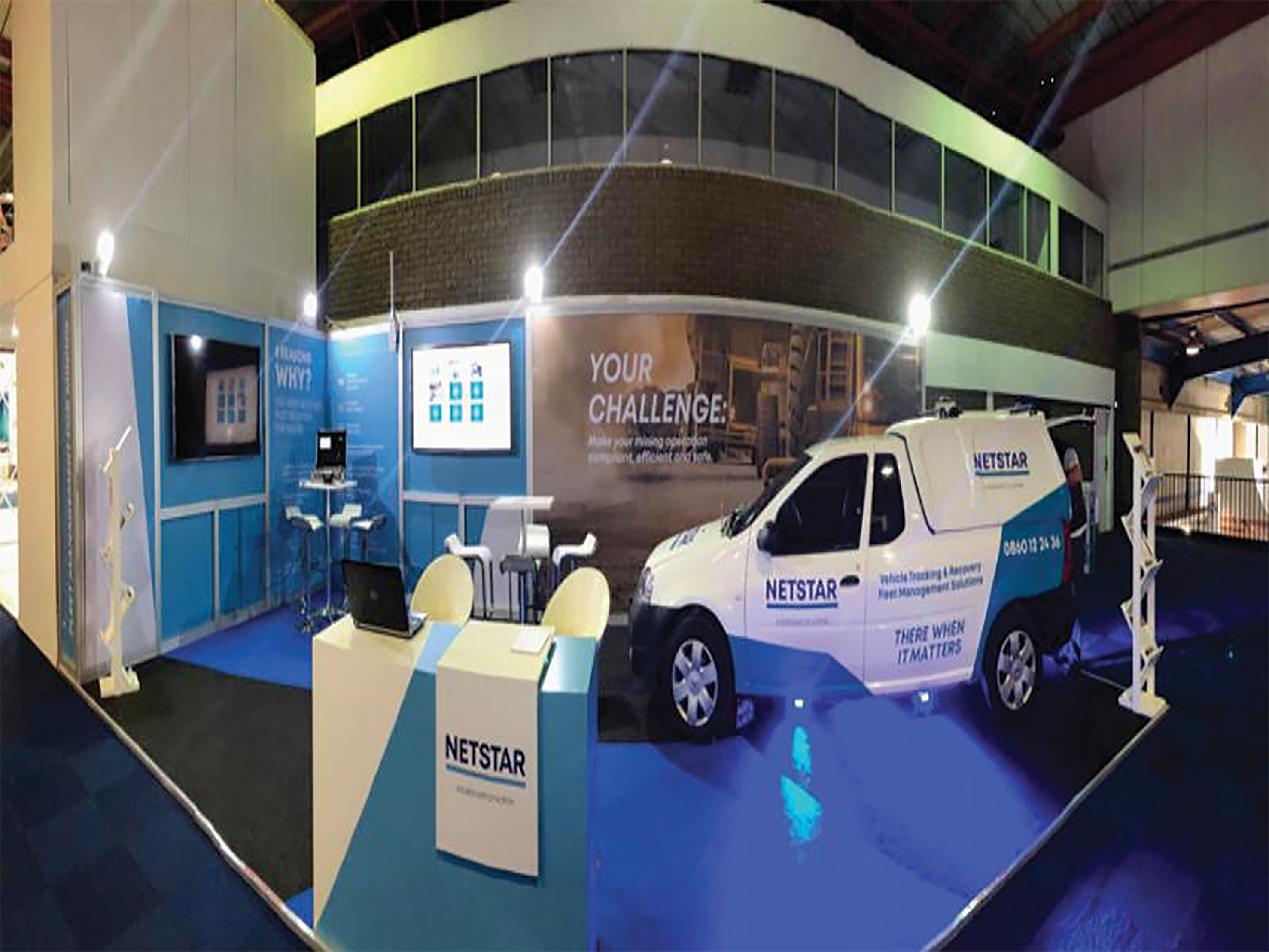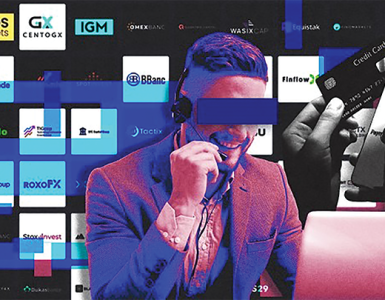RESOLVED: Happy ending after technology firm repays a total R24 000 in backdated monthly debits…
By Thuli Zungu
Netstar, a vehicle tracking company, has been accused of deducting monthly premiums totalling nearly R24 000 from a client for a tracking device that was not functional for ten years.
Tinashe Mabwe of Mpumalanga who preferred to use his clan name because of his occupation, says after establishing that the device was not functioning – almost ten years after it was fitted into his car – he laid a complaint with the company. After realising their mistake, the company offered him a refund of six months of the payments he had made. He rejected the offer.
Following intervention by Consumer Eye, the company relented and agreed to refund Mabwe all the premiums that he had paid since the installation of the device. He lashed at the company for what he described as their pathetic service as well as their initial offer of refunding him only six months of the payments he had made.
Mabwe said Netstar management had told him that as a customer he was supposed to check every six months if the unit was working or not. ‘’ I then told them that it was their duty to check if the tracker fitted on that day was active before handing over the car to the customer’’. He was told that it was the owner’s responsibility to check that.
‘’ This is dereliction of duty. Netstar has shown that they have no pride for the service they render to the consumers who rely on their tracking units when their cars are stolen’’.
Mabwe said after his complaint, he received a letter from Netstar which partly read : ‘’ .. We have tested the unit and the test was unsuccessful..’’ Thereafter he received a call from Netstar’s Managing Director last week apologising for the incident and offering to refund all his money.
Dean Andrews, Head of Netstar’s Marketing Department, also confirmed that the issue had been resolved with the client . ‘’ He ( Mabwe) has indicated that he is happy with the solution and is remaining a loyal Netstar customer’’, said Andrews.
Mabwe says he fitted a tracking device from Netstar in 2013 after he bought a Jaguar XF. He was paying monthly premiums of R200 which has now increased to R241.95. He had never tested if the device was active and was never required to notify Netstar when the car was taken in for a service.
He would not have found out that the device never worked had he not bought another car in April this year. Mabwe says he decided to fit a tracking device from Netstar again after they told him about their new package where he could track his car on the cellular phone.
“I then discovered that I could only track the new car and not the old one and upon further investigation, I discovered that the device was never active from inception.”
Netstar confirmed that the tracker unit in the first car was never functional since installation, but were willing to only refund him premiums he had paid in the last six months.
They increased the offer to eight months, then to a year and later to two years and a discount on future premiums. Mabwe rejected the offer. “I feel cheated as a customer as I was put at risk by their service. I paid monthly premiums for 10 years without fail and what informs them of their decision to refund only two years of the payments I made ?
“What would have happened if my car was stolen? What would have happened if I was involved in any accident and the insurance company declined my claim .‘’
Consumer Eye has seen Netstar’s response in which they confirm that he took out a contract for a Jaguar on 5 February 2013.
“We have tested the unit and the test was unsuccessful,” according to Netstar’s letter of response to Mabwe. “Please note that we can only refund you for one year and offer you an upgrade for a Netstar Early warning at R150 per month. We apologise for any service you have received which was unsatisfactory’’.
Mabwe said although he was happy that the matter had been resolved I feels the company must be serious about serving their clients with pride and to always make sure their devices are active.

KIDS IN DANGER
WARNING: Second-hand baby goods can have serious consequences for a child’s safety and health
By Thuli Zungu
The second-hand infant goods market in South Africa is rapidly growing, providing much-needed affordable products and financial relief for families who are struggling with the rising cost of living.
Despite the financial reprieve of purchasing second hand items, Catherine Jacoby, Marketing Manager at Babies r Us, says parents should be cautious when purchasing some second-hand baby goods as they may have been recalled or are unsafe.
“As a retailer, we understand parents are always looking for ways to save money when it comes to purchasing baby items, such as clothes, toys and furniture.
“Unfortunately, buying some second-hand baby goods can have serious consequences for your child’s safety and health.” Jacoby says there are a number of challenges in the secondhand infant goods market.
“The primary being the lack of regulation and meeting safety standards which means it is difficult to ensure the quality and safety of the products.”
South Africa does not have its own set of safety standards in place to regulate many infant – related products, specifically those that are produced locally.
“It is not just about safety standards though. There is a growing global concern of products being sold in the second-hand market that have been recalled for safety reasons,” says Jacoby.
The second-hand infant goods market is estimated to be worth around a billion rand annuallywith the primary buyers from low-income families.
Jacoby says most purchased second-hand items include clothes, toys, furniture and equipment. According to a report last year by Mercari in the United States, 62 percent of parents purchased second-hand baby and kid products last year, with 58.7 percent of those surveyed doing so to save money.
According to a report by Kids in Danger, a nonprofit organisation focused on children’s product safety, last year, the United States had the highest number of children’s product recalls since 2013 impacting everything from baby products to kids’ clothes and toys.
“Nursery products, items like strollers and baby swings, accounted for over half of the more than 5 million units of children’s products recalled in 2022 alone, according to the report .”
Jacoby says the U.S Consumer Product Safety Commission (CPSC) is currently calling on Meta and a well-respected manufacturer to recall a product being sold on Facebook Marketplace.
The item in question has been linked to the deaths of approximately 100 infants which was recalled in 2019 ten years after it had been on the market. It is estimated that there are still over a million of this product still in circulation having not been returned which are now being sold on sites like Facebook Marketplace.
“Every parent wants their baby to be safe, but once the market is flooded with an unsafe product, it is hard to bring it back. “Infant products make their way onto second hand sites, they are in day-cares, at charitable organisations and have even been handed down to family members.”
Jacoby says although it is totally fine to buy second-hand products like clothes, some toys and even furniture, not every product can be safely bought second hand as some of these items are not subjected to the same safety standards as new items.
“Experts advise that items like car seats, highchairs, strollers and cots should be bought new to ensure they meet the current safety standards and have not been recalled and do not have any peeling paint, chips or missing parts.
“This ensures that the product is safety checked, you are notified if there are any issues with it and you can be assured of the safety of the product.”
Additionally, used baby items may contain bacteria or viruses, which can cause serious illnesses in infants. Therefore, it is important to clean and inspect them thoroughly before allowing a child to use them.
“Parents must research the products they are buying second hand, keep an eye for great deals on new items and if purchasing second hand items, ensure that you clean and inspect them properly,” says Jacoby.
































